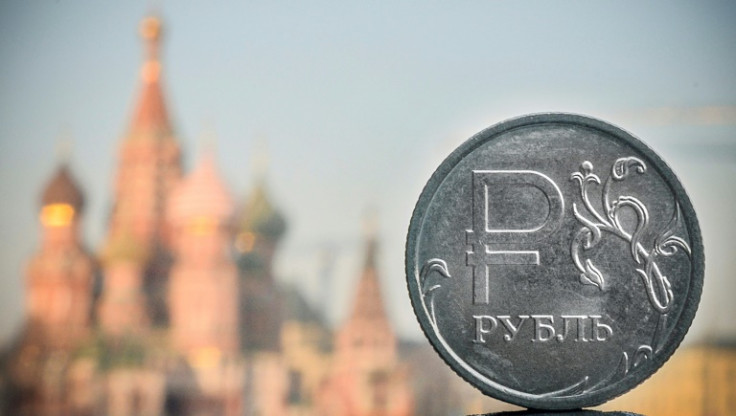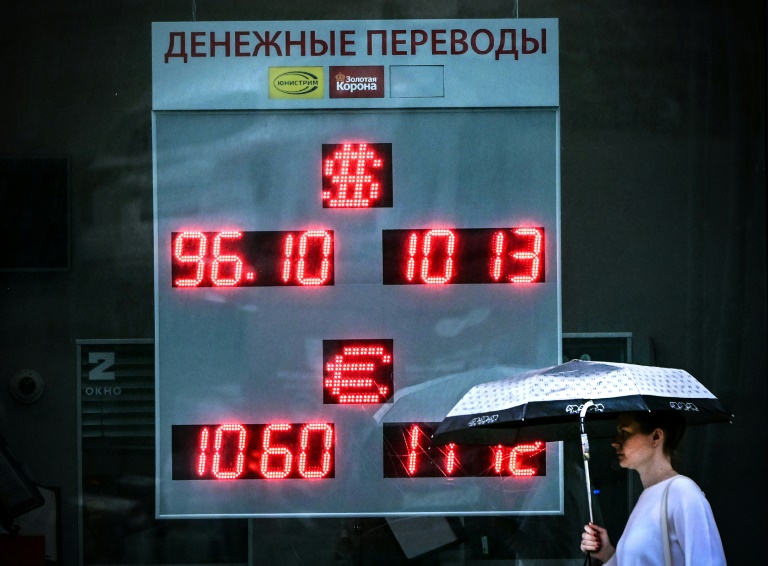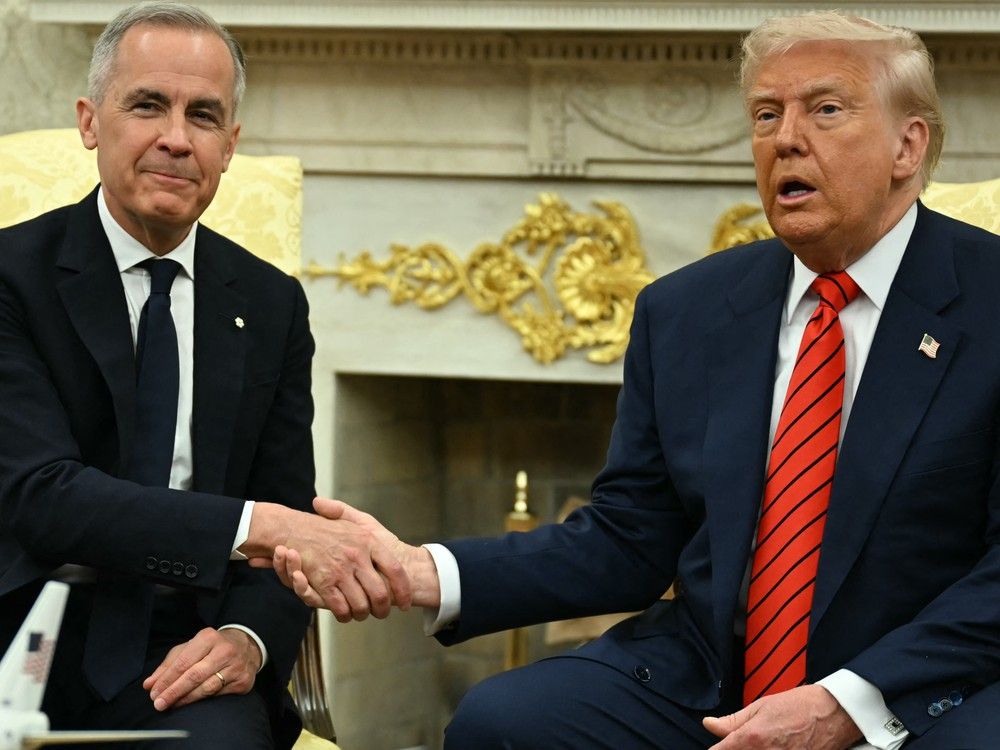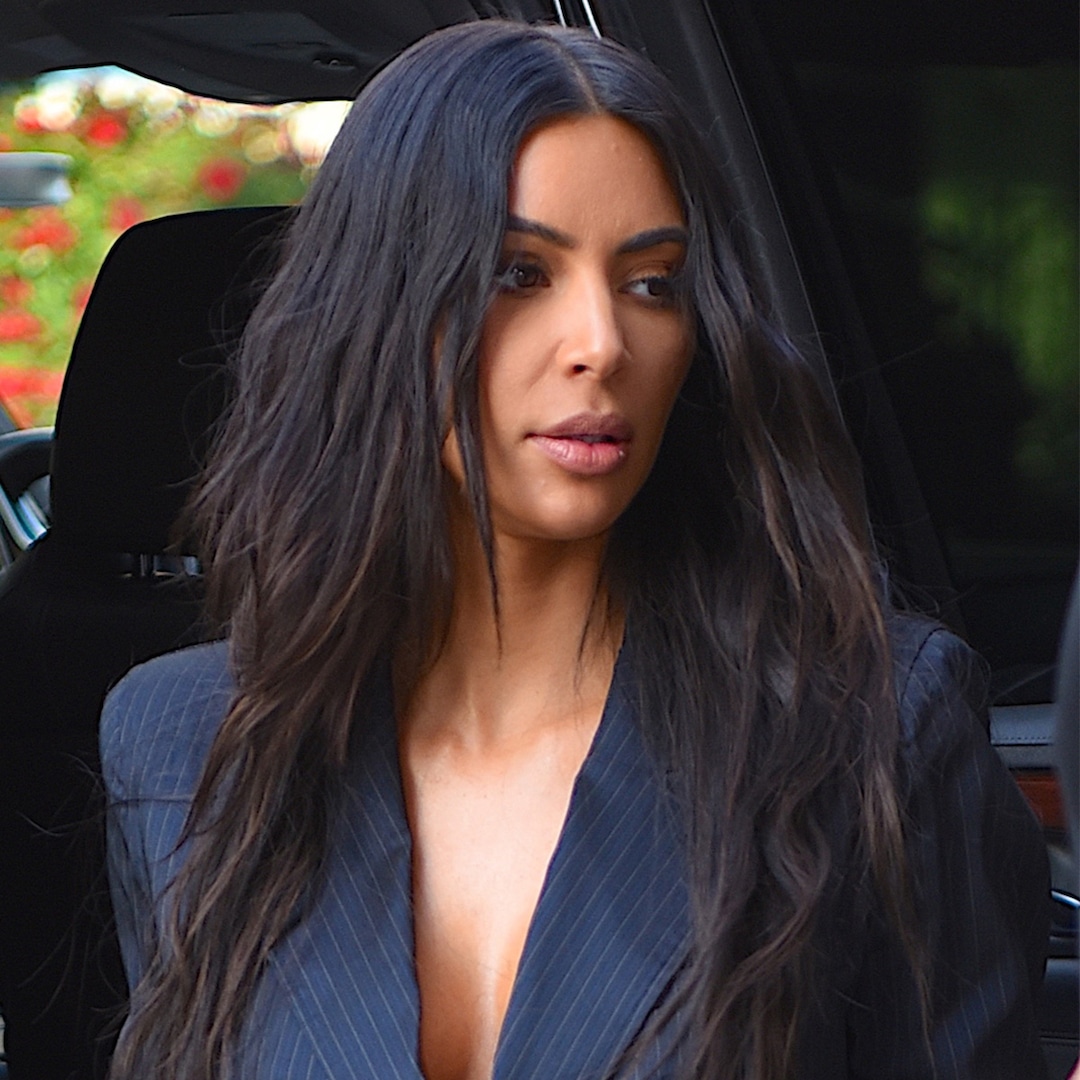AFP
The Russian central bank said it would meet on Tuesday to discuss its key rate, after the ruble slid past 100 against the dollar Monday, its lowest level in over sixteen months.
The ruble has shed around 30 percent of its value against the dollar since the beginning of the year, as the country grapples with a drop in export revenues, rising imports and higher military spending.
The central bank said it would meet Tuesday in a surprise meeting to consider the key rate, which was only recently hiked to a greater-than-expected 8.5 percent in July.
The results of the meeting will be announced at 10:30 local time (0730 GMT), the central bank said.
Data from the Moscow Exchange showed the ruble trading at 100.02 to the dollar at 1416 GMT after the news, recovering slightly after reaching its lowest level since March 23, 2022 earlier in the day.
Against the euro, the ruble traded at around 109.15 — earlier tumbling to a near 17-month low.
News of the central bank meeting came after Kremlin aide Maxim Oreshkin criticised what he called “loose monetary policy” in an opinion piece published by the state-run TASS news agency Monday.
He said the central bank had all the “necessary tools” to address the situation and predicted the ruble exchange rate would return to normal in the near future.
The decline in the ruble has prompted fears ordinary Russians’ standard of living could take a hit, as inflation creeps up.
Coupled with a year and a half of unprecedented Western sanctions, which has prompted many foreign companies to leave the country, some Russians are already starting to feel the pinch.
“Of course I am upset,” Evgeny Kundratas, a 44-year-old HR entrepeneur, told AFP.
“Because (foreign) currency is getting more expensive. It’s not convenient.”
The ruble could sink further to 115-120 per dollar, Alor Broker analyst Alexei Antonov warned in a note published by financial firms earlier.
“For the decline in the ruble to end,” Antonov said, “we need to wait for a reduction in imports or decisive steps by the monetary authorities.”
The ruble has been under pressure in recent months as the country’s export earnings fall, meaning less foreign currency on the domestic market.
Given the rapidly deteriorating situation, the Russian central bank said last week it would stop the purchase of foreign currency on the domestic market, to prop up the national currency.
Viktor Rybakov, a 61-year-old health care worker, said he believed the fall of the ruble would impact on prices.
“I think everything will rise in price now, from transportation to food prices,” he told AFP.
“Of course, we as ordinary citizens will be very much affected.”

AFP







